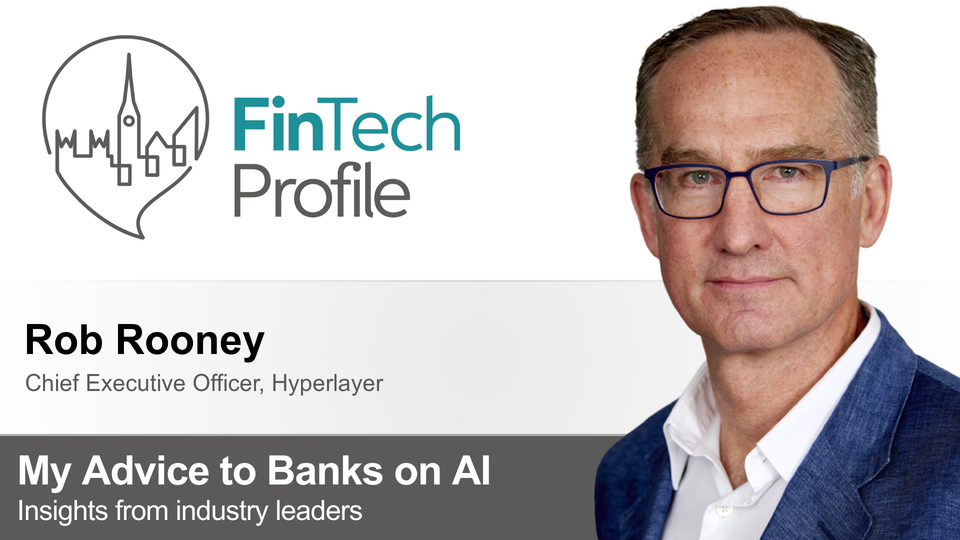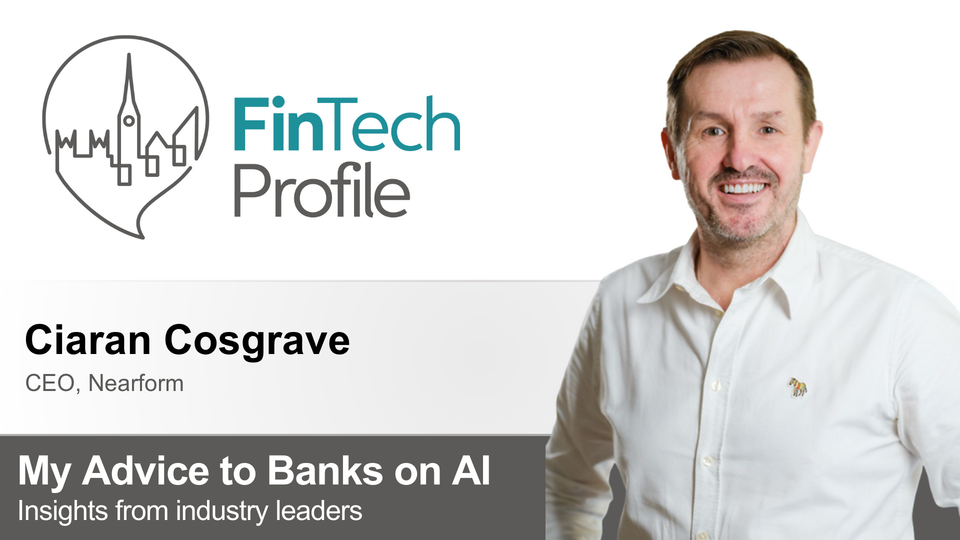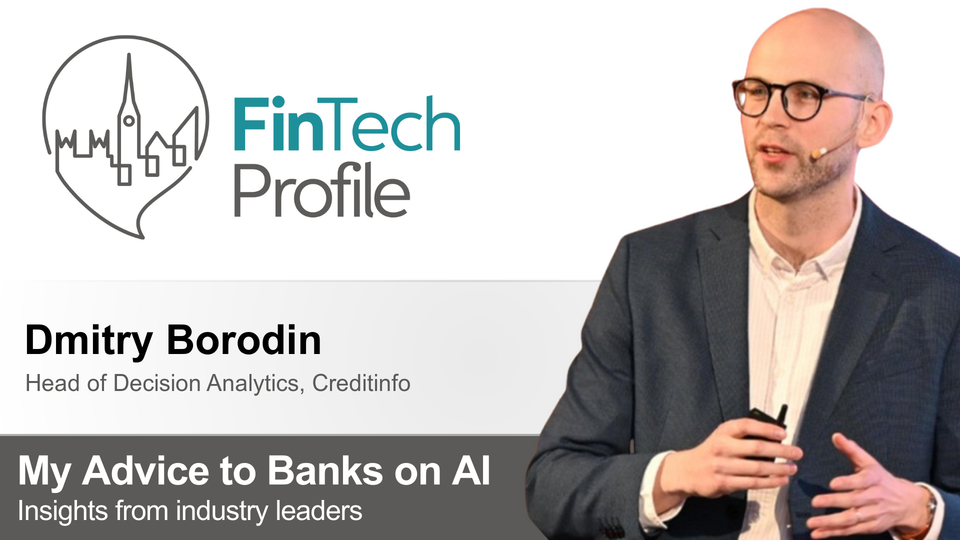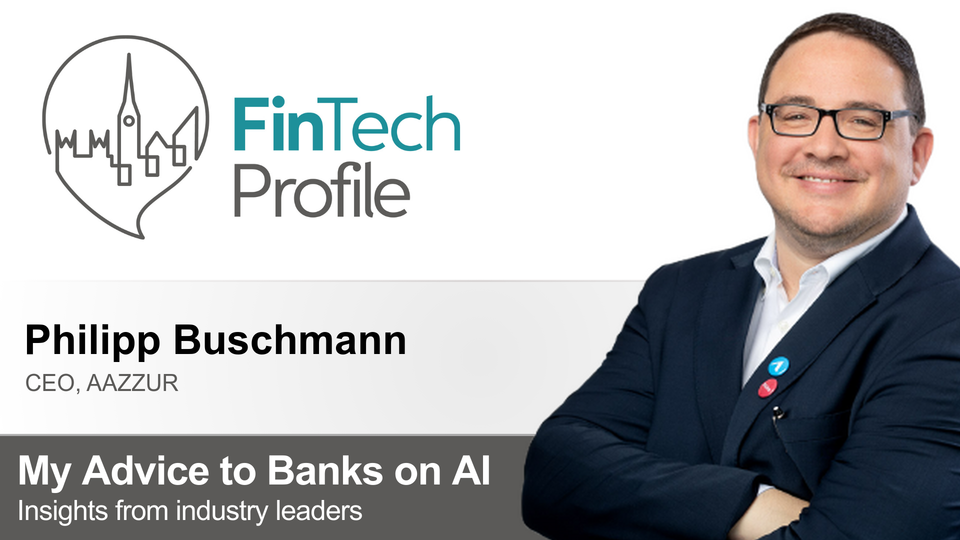Gareth Lewis, Founder & Co-CEO, Delio

Hello! Today we're meeting Gareth Lewis, Founder and Co-Chief Executive at Delio. The company offers the digital rails for building and strengthening private markets capabilities (e.g. asset managers, distributors, ecosystem providers).
My questions are in bold - over to you Gareth!
Who are you and what's your background?
My name is Gareth Lewis and I am the Founder and Co-Chief Executive of Delio. Before launching Delio, I qualified as a Chartered Accountant and held corporate finance roles at Ernst & Young and Convex Capital. That experience gave me a front-row seat to how the changing demographic of today’s generation of wealth creators influenced how they like to invest and the types of things they like to invest in. Since starting Delio at 25 years old, we’ve been fortunate to have received numerous opportunities and recognitions. For example, I was recognised as one of ICAS’ Top Young CAs in 2019, which was a proud moment in my journey as a founder.
What is your job title and what are your general responsibilities?
As Founder and Co-Chief Executive of Delio, my focus is on the outward-facing side of the business - that involves everything from shaping our commercial strategy, evolving our proposition, through to building strong and lasting partnerships. A big part of my role is making sure Delio is not just responding to where the industry is going, but helping to lead the way.
Can you give us an overview of your business?
Delio is a B2B financial infrastructure company focused on transforming how financial institutions deliver their clients with access to private markets, in a way that’s personalised to their individual nuances. Our headquarters are in Cardiff, Wales, but we currently work across 18 regulatory jurisdictions around the world.
Our white-label operating system, Delio Core OS, enables our clients to manage the full private markets lifecycle - from deal origination and distribution through to compliance and reporting. Our business model is non-conflicted, working across the breadth of private markets and agnostic across source of product, type of firm and client they are servicing. We can also modularise the technology to tailor for particular use cases on a more turnkey basis, which is the essence of the recent launch of Delio Core Lite. This solution will lay the foundation for a more connected private markets ecosystem with the upcoming launch of DelioConnect, a decentralised infrastructure designed to drive greater efficiencies for the sharing of opportunities and data between financial firms on an institution to institution, product by product basis.
What’s the origin story? Why did you start the company? To solve what problems
Like many founders, Delio started from direct experience. During my time in corporate finance, I saw how fragmented and inefficient the private markets process was, especially when compared to the innovation happening elsewhere in financial services. It was slow, siloed and heavily reliant on manual relationships. There was a real lack of “pipes and plumbing”, yet the growth potential of the industry was clear.
At 25 I founded Delio to modernise this space. We wanted to give financial institutions the tools to offer institutional-grade private market access to their clients securely, digitally and at scale. I’m proud to say that in little over 10 years, Delio has grown from an embryonic idea to one of the leading players in the space, counting the likes of Barclays, Coutts, Apex Group and The Earthshot Prize as clients.
Who are your target customers? What’s your revenue model?
Delio partners with financial firms of all sizes across private markets with key customer segments including asset managers, distributors and ecosystem/service providers to deliver white-label operating systems that optimise the distribution, transacting and reporting of investment opportunities. Our revenue model is SaaS-based primarily, giving our clients clear, straightforward cost visibility along with the ability to overlay their own revenue model on top.
If you had a magic wand, what one thing would you change in the banking and/or FinTech sector?
I'd accelerate the shift away from reliance on legacy infrastructure. These systems were once the backbone of financial institutions but they’ve become blockers to innovation, especially in private markets where client expectations are rising fast.
This isn’t about ripping out the old and starting from scratch, it’s about smarter, integrated solutions that enhance existing infrastructure and truly unlock efficiency whilst helping firms to meet compliance and scale without disruption.
What is your message for the larger players in the Financial Services marketplace?
There is a real opportunity for players in the financial services marketplace to rethink how they approach private markets. It’s a huge opportunity for a number of reasons and if executed in the right way, the digital client experience component can actually play a prominent role in strengthening the personal relationship side of client service. While some firms are exploring in-house solutions to do this, others are finding value in working with specialist partners who bring ready-to-go solutions. There is no one-size-fits-all answer, but what is clear is that agility, efficiency and a will to adapt quickly will be key to success in the years to come.
Where do you get your Financial Services/FinTech industry news from?
I tend to diversify my news sources - I closely follow publications such as CityWire for my relevant private markets news. There are plenty of individual SMEs releasing regular content too. However I also like to listen to podcasts, such as Fintech Blueprint, which offer fresh perspectives on the trends shaping financial services and wealthtech.
Can you list 3 people you rate from the FinTech and/or Financial Services sector that we should be following on LinkedIn, and why?
Marcel van Oost is a must-follow on LinkedIn, his newsletter ‘Connecting the Dots’ is a great way to get all the latest information when it comes to fintech industry trends and news updates.
Another great recommendation is Lex Sokolin, who writes for the Fintech Blueprint newsletter - another great way to get a digest of information from the world of fintech.
Lastly, I would strongly recommend following Marc Andrew, Founder of The Private Markets Forum which has a laser focus on developments and innovation coming out of the private market sector.
Finally, let's talk about predictions. What trends do you think are going to define the next few years in the FinTech sector?
I think we are at a turning point in WealthTech, where personalisation is becoming a non-negotiable. Investors don’t just want tailored solutions anymore, they expect them. Firms that can’t meet these expectations run the risk of not only struggling to keep up, but being left behind altogether given a raft of new entrants coming in.
AI is acting as a catalyst for change in the fintech sector and is especially impacting personalisation in the wealthtech industry. AI will empower wealth advisors and free time from administrative tasks to instead focus more deeply on client relationships, as well as being leveraged for predictive analytics of client portfolios.
However, despite AI being rapidly adopted within WealthTech, a lack of governance structure and, at times, accuracy means that it will be utilised in conjunction with heavy human oversight, especially when operating in such a strictly regulated environment like private investments and private wealth.
Thank you so much for participating Gareth!
You can find out more about Gareth on LinkedIn and read more about his company Delio at www.deliogroup.com.




